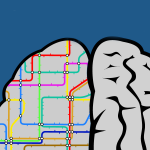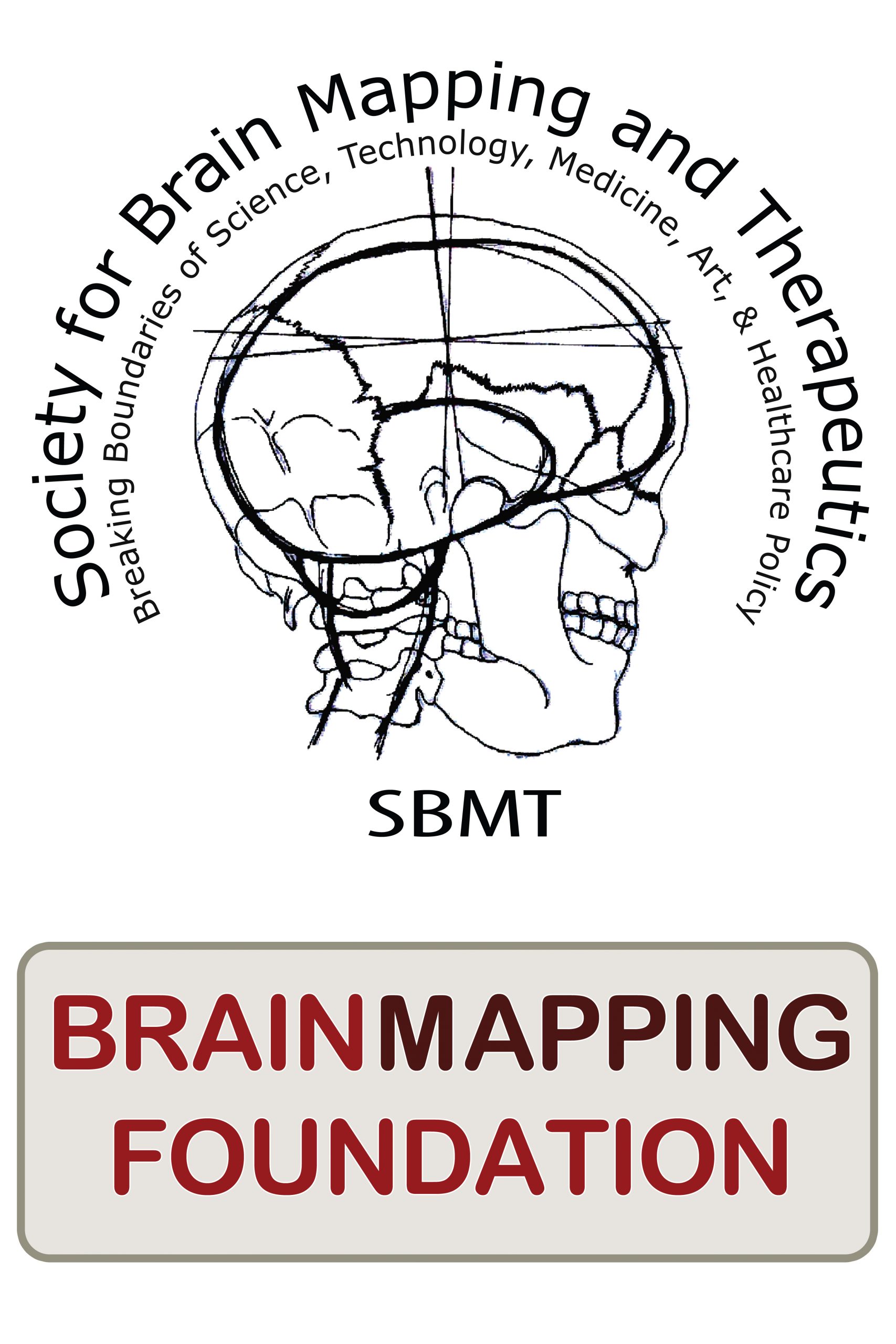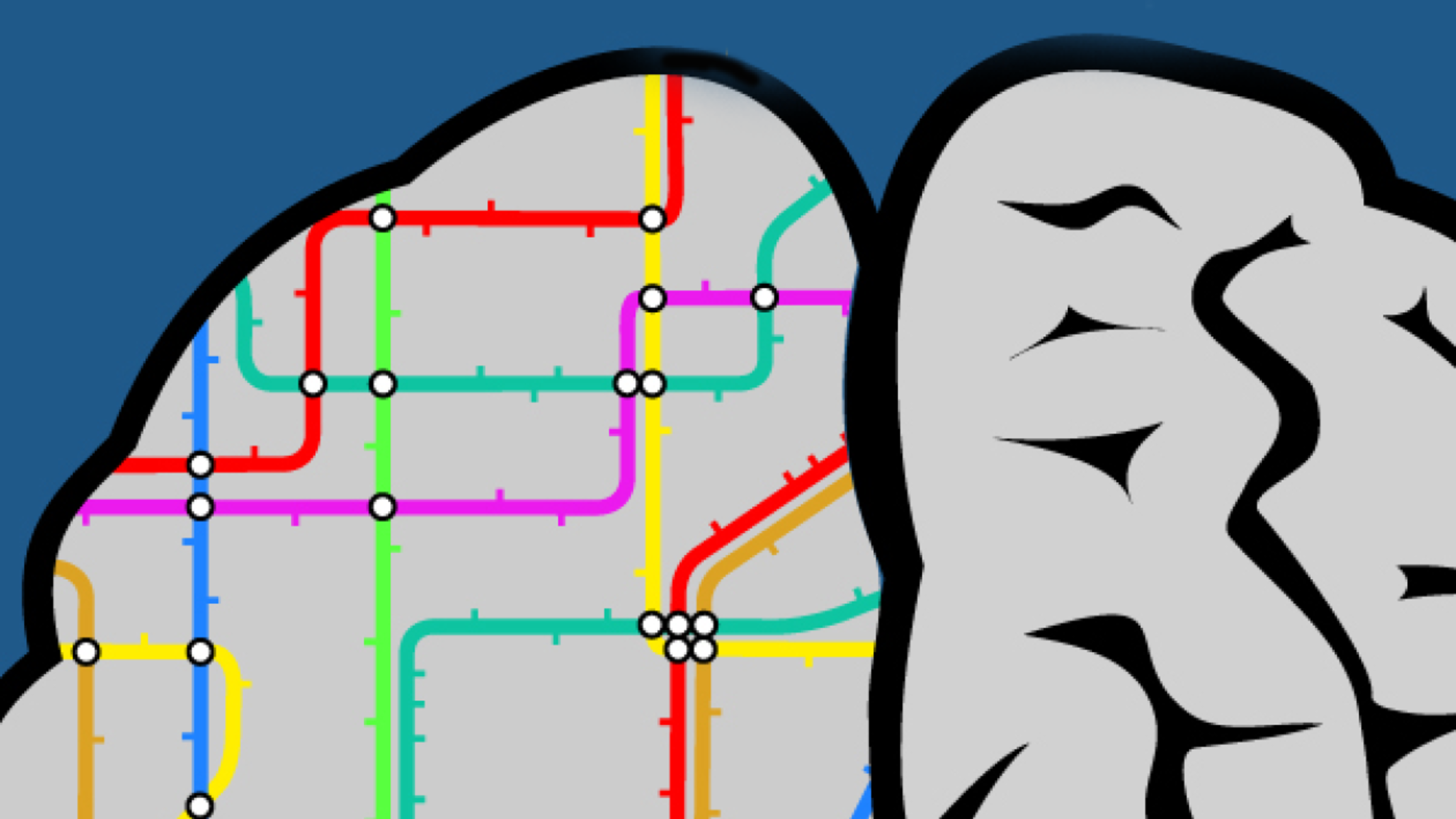Spotlight on PLOS ONE’s Neuromapping and Therapeutics Collection
 Launched in 2010, the Neuromapping and Therapeutics Collection is a unique collaboration between PLOS ONE and the Society for Brain Mapping and Therapeutics. The Neuromapping and Therapeutics Collection provides a forum for interdisciplinary research aimed at translation of knowledge across a number of fields such as neurosurgery, neurology, psychiatry, radiology, neuroscience, neuroengineering, and healthcare and policy issues that affect the treatment delivery and usage of related devices, drugs, and technologies. The Collection is open to submissions on these topics from any researcher—so far, 24 research papers have been published as part of this Collection.
Launched in 2010, the Neuromapping and Therapeutics Collection is a unique collaboration between PLOS ONE and the Society for Brain Mapping and Therapeutics. The Neuromapping and Therapeutics Collection provides a forum for interdisciplinary research aimed at translation of knowledge across a number of fields such as neurosurgery, neurology, psychiatry, radiology, neuroscience, neuroengineering, and healthcare and policy issues that affect the treatment delivery and usage of related devices, drugs, and technologies. The Collection is open to submissions on these topics from any researcher—so far, 24 research papers have been published as part of this Collection.
We spoke to Dr. Allyson Rosen, one of the members of the Society for Brain Mapping and Therapeutics who helps coordinate the Neuromapping and Therapeutics Collection, to discuss the latest news and research in this area, and the new submissions to the collection they’re hoping to see in the next few months:
What’s exciting in Neuromapping and Therapeutics at the moment?

It is exciting to see how creative scientists and clinicians are at solving important clinical problems by combining diverse techniques in innovative ways. We see our collection as a home for cross-disciplinary work that might not “fit” in traditional journals. For example, we have published MR methods to enable effective brain infusions and work that exploits computer-aided design for cranial reconstructions. There are invasive and non-invasive techniques for stimulating selective brain regions and creating focal lesions, such as transcranial magnetic stimulation, transcranial Doppler technology, and X-ray microplanar beam technology. There are also innovative analysis techniques that exploit powerful computational methods that were previously unavailable.
What are the implications of President Obama’s commitment to Human Brain Mapping research?
Given the high-profile nature of the Brain Mapping Initiative and the state of the US economy, we have advocated that there be some clinical implications to the announcement. We believe that this approach will ensure continued public support at a time of great need and uncertainty.
Are there any specific research areas where you’d like to see more submissions to the Collection?
We are proud of the work we’ve received and deeply impressed with the broad array of papers submitted so far. This is a testament to the creativity of our contributors, and we welcome their diversity. We particularly welcome work presented at the international meeting of the Society for Brain Mapping and Therapeutics that occurs in the spring of each year.
Why do you think it’s important to publish this kind of research in an open access journal such as PLOS ONE?
Our society is committed to being inclusive and welcoming any profession that seeks to improve the health and wellbeing of patients with brain disorders. An open access journal enables easier promotion of work we feel is important and encourages sharing among diverse disciplines. Often, truly cutting-edge work is so far ahead of its time that there is not yet an appreciation for its importance. Often, clinical problems are seen as practical but not necessarily novel. We appreciate the mission of PLOS ONE as upholding strong scientific integrity and not as triaging work based on arbitrary decisions regarding importance.
To read more about this Collection, including new research papers like, “Verifying three-dimensional skull model reconstruction using cranial index of symmetry” and “Unique anti-glioblastoma activities of Hypericin are at the crossroad of biochemical and epigenetic events and culminate in Tumor Cell Differentiation,” click here.
Come visit us at SFN 2013.
Both the Society for Brain Mapping and Therapeutics and PLOS ONE will be attending SFN 2013 – please drop by booth #136 to say hello and learn more about the Collection. For instructions on how to submit to the Collection, please visit the Collection page and download the submission document.
If you have any questions about this Collection, or any other PLOS Collections, please email collections@plos.org
Image credit for Collection cover: Alka Joshi
Image Credit: Society for Brain Mapping & Therapeutics
